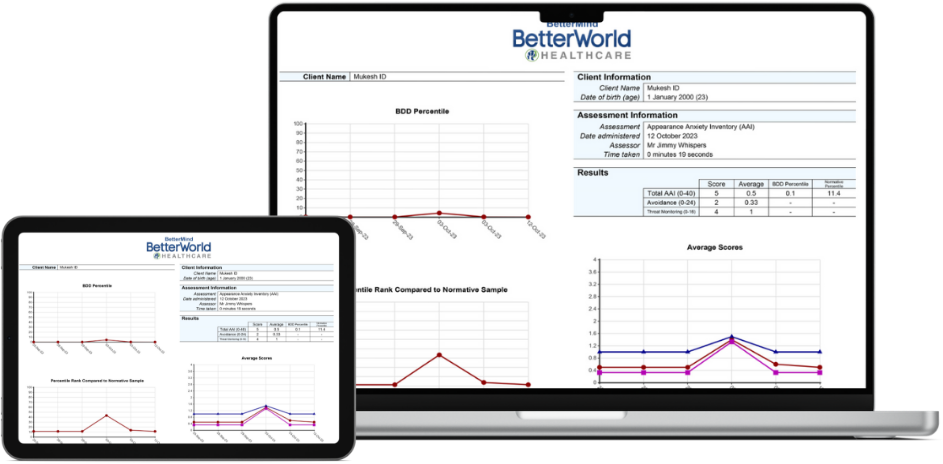Spence Children’s Anxiety Scale – Parent (SCAS-Parent)
Assessments
Description
The scale is completed by a parent of an anxious child between the ages of 6 to 18. It provides an overall measure of anxiety together with scores on six sub-scales each tapping a specific aspect of child anxiety.
- Panic attack and agoraphobia
- Separation anxiety
- Physical injury fears
- Social phobia
- Obsessive compulsive
- Generalized anxiety disorder / overanxious disorder
Validity
The scales was normed and validated by Nauta, Scholing, Rapee, Abbott, Spence and Waters (2004) with 484 parents of anxiety disordered children and 261 parents in a normal control group. Results of confirmatory factor analysis provided support for six intercorrelated factors, that corresponded with the child self-report as well as with the classification of anxiety disorders by DSM-IV (namely separation anxiety, generalized anxiety, social phobia, panic/agoraphobia, obsessive-compulsive disorder, and fear of physical injuries). Compared to the child version of the same test, parent-child agreement ranged from 0.41 to 0.66 in the anxiety-disordered group, and from 0.23 to 0.60 in the control group. For comprehensive information visit the Spence Children’s Anxiety Scale website at:
www.scaswebsite.com
Interpretation
Scores consist of a total raw score (between 0 and 114) and six subscale scores. Results are also converted to percentile ranks based on an Anxiety Disordered Children sample and a Normal Population Children sample, based on the child’s gender and age (Nauta et al.,novoPsych 2004).
- Panic attack and agoraphobia (items 12,19,25,27,28,30,32,33,34)
- Separation anxiety (items 5,8,11,14,15,38)
- Physical injury fears (items 2,16,21,23,29)
- Social phobia (items 6,7,9,10,26,31)
- Obsessive compulsive (items 13,17,24,35,36,37)
- Generalized anxiety disorder (items 1,3,4,18,20,22)
Any scores more than the 84th percentile (1 standard deviation from the normal population mean) are considered to be clinically significant.
Developer
Nauta, Scholing, Rapee, Abbott, Spence and Waters. (2004). A parent report measure of children’s anxiety. Behaviour Research and Therapy. 42 (7), 813-839.
Try it and see how BetterMind can enhance your practice

Support
Frequently Asked Questions
You’ve got questions, we’ve got answers. Below you can find answers to some of the most frequently asked questions. If you can’t find the answer you’re looking for, please feel free to reach out to us at info@betterworldhealthcare.com.
I can’t open test results within the Web Browser
Assessment result PDFs are opened in a new tab within the web browser. If you click the results but they do not open, your browser will be blocking the popup. To resolve this, after you have pressed the test result, look out for an alert at the top of your browser notifying you that a pop-up has been blocked, then click "Allow".
I have forgotten my password. How can I reset it?
If you have forgotten your password please press “forgot password” within the app, or on the Web Browser App login page (https://app.bettermind-app.com/login). You will receive a new temporary password via email.
Can a Practitioner access BetterMind from their Smartphone?
No, A Client /Patient can answer assessment questions on a smartphone but the Practitioners/ Users can't administer BetterMind using a Smartphone. A computer, laptop or tablet will have to be used.


